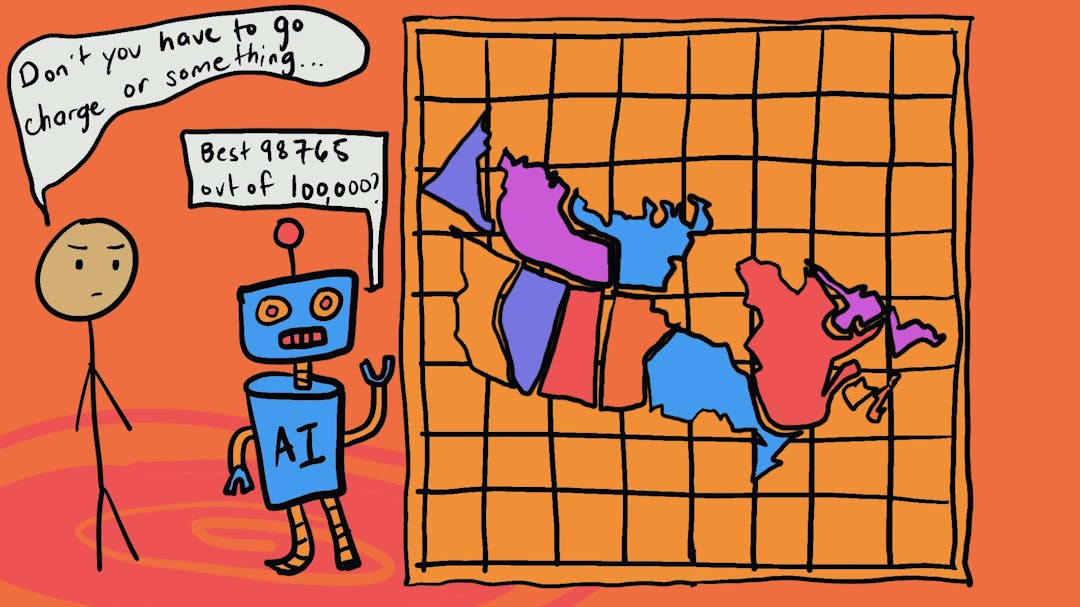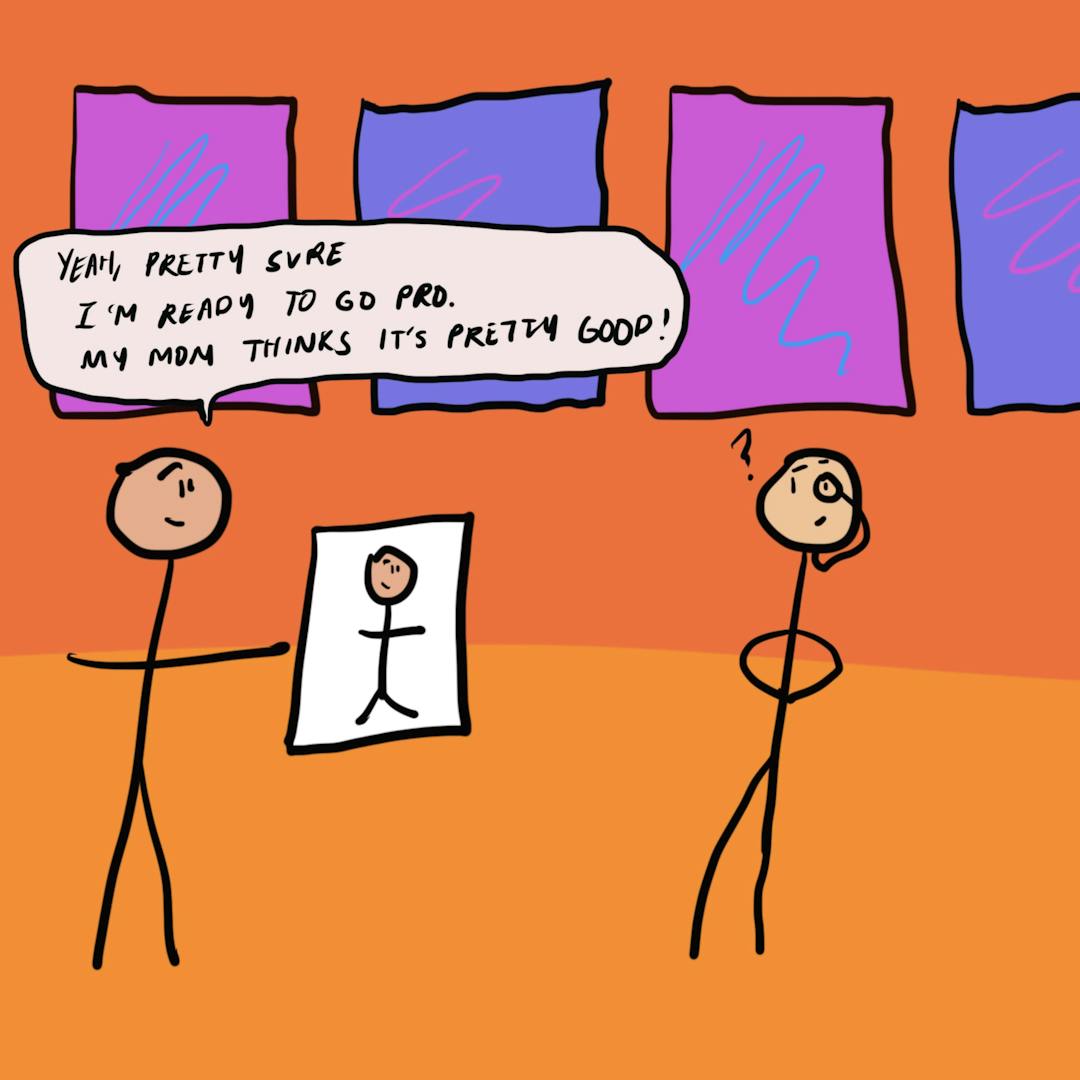Strategies to Motivate for the Collective Good: Erez Yoeli
Well, you really want to build a world where if you’re trying to encourage people to be good to each other, you want to build a world where they’re legitimately not in conflict. And there are always conflicts that arise. That’s a difficult thing to build. And then you want to build a world where you have a set, if you are asking for things, there are always going to be these things that require some elements of self-sacrifice for the benefit of others. When that’s the world that you’re trying to build, then you want to be thinking about the decision making environment that people are making those decisions and then try to optimize that to get them to do the right thing more often. And that’s what the last hour has been about. Regardless of whether you are thinking about it through reputations or using a more proximate approach like the PANIC model, either of those approaches are useful for trying to get more people to do more of the right things.
Intro
In this episode of The Decision Corner, Brooke Struck invites Erez Yoeli to share his insights on how people tick. Dr. Erez Yoeli is a research associate at MIT’s Sloan School of Management and co-director of the Applied Cooperation Team (ACT). ACT is a team of researchers that applies insights from the social sciences towards increasing contributions to real-world public goods.
Erez designs and tests large-scale interventions to promote altruistic behaviors such as charitable donations, volunteering, resource conservation, and medication adherence. He has worked as a researcher at Harvard University’s Program for Evolutionary Dynamics and Yale University’s Human Cooperation Laboratory. He holds a Ph.D. in Economics and an MBA from the Booth School of Business at the University of Chicago. In this episode, we discuss:
- What motivates people to do the right thing
- How group behavior works
- The difference between reputation and identity
- High and low tech solutions to problems of collective action
- The importance of speaking to communities in their own language (sometimes literally)
- What sets our current pandemic response apart from those of the past
- The unique power of social norms
- The meaning of community, and its unique role in mediating motivation





